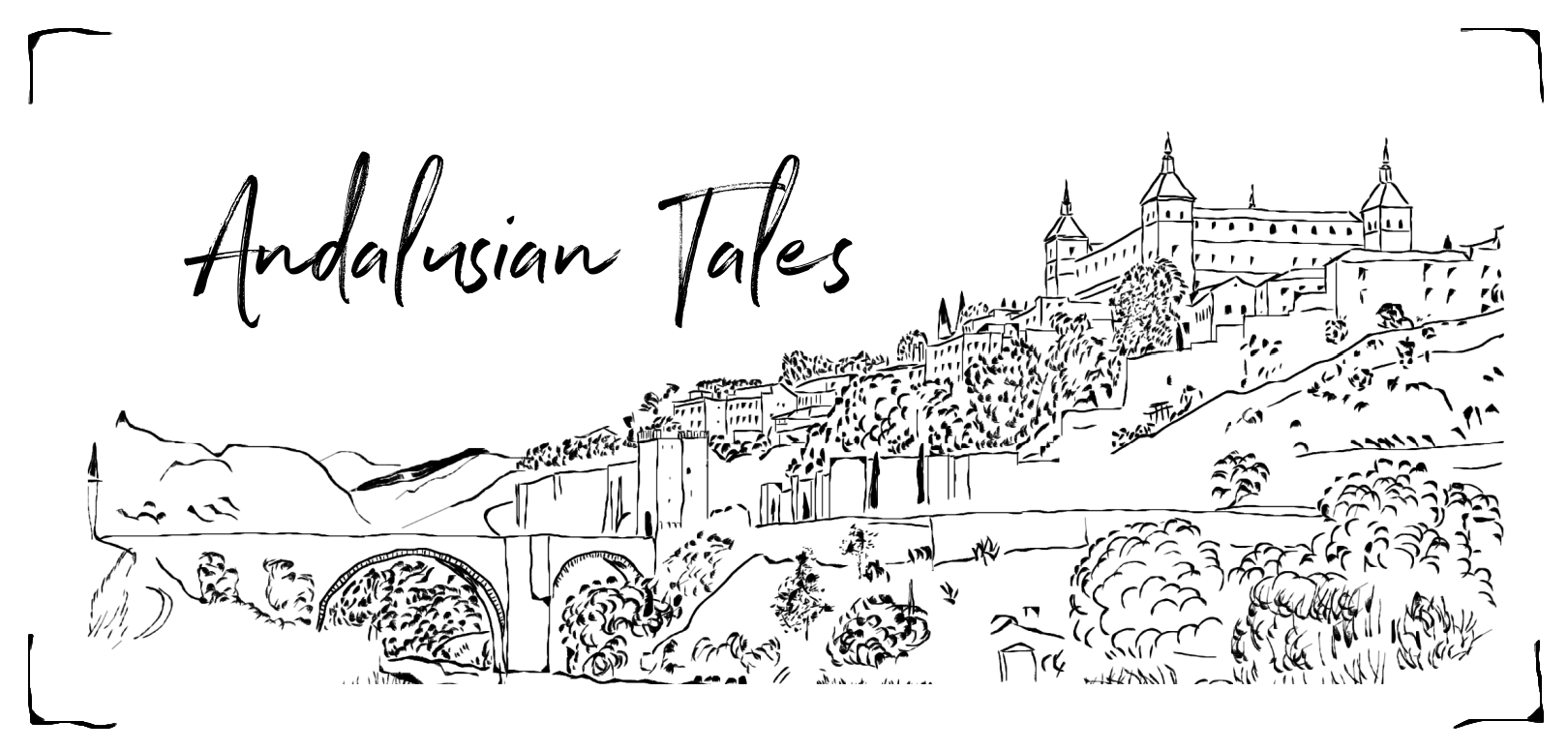Liturgical Conflicts – II
In addition to the “El Juicio de Dios”, the battle between two knights, “one a Castilian and the other a Toledan”, which marked the tension over liturgical issues between Rome and the local church in 11th century Spain, there is also a story that two bulls, one named “Roma” and the other “Toledo”, were set to fight, and as with the knights, there also the victory was with Toledo.
Once again, in Song of Toledo, I have adapted the circumstances of the event to suit my tale. What follows is my version of how that bullfight went.
From Song of Toledo:
Pelayo turned to Ferdinando as the older boy waved him over to the bullring fence in anticipation of the fight to come. He pointed to the barn doors of the low stone building.
“They should be coming out of two of those doors any moment now.”
Sure enough, they had not waited more than a moment longer when a door swung open sharply and a black bull stepped calmly out to the ring. When the bull appeared, a cry rang out from several young voices, and a flurry of children jumped up from the fires where they were eating with their families and ran over to the fence. A moment later, a second side door opened and another bull charged out. Finally, a few moments afterward, a small man with gray hair and a closely cropped beard followed, carrying nothing but what appeared to be a long, sturdy stick with a long knife attached to the end. The bulls stood at a distance from each other, seeming to pay attention neither to the crowd nor to each other. As for the man, he remained along the fence in order to keep his distance from the two animals.
The crowd watched as the bulls began to circle each other, first slowly, then at a trot. Finally, the black bull stopped and lowered its head and pawed at the ground once, then moved at a seemingly leisurely pace toward the white bull, who lowered his head and waited. The collision was not as forceful as Pelayo would have expected. Rather, the two animals locked horns and began pushing, their nostrils flaring as they began to exert themselves. Children let out a cry, now joined by adults, and Pelayo spotted soldiers throwing coins into a cup and a line of monks leaning against the fence across from where he and Ferdinando were standing. The bulls continued to struggle, the white bull breaking once to turn away, only to turn back around and lower his head when the black bull followed. . . .
. . . The crowd was now fully engaged in the fight, with cheers erupting at random from around the ring whenever one or the other of the bulls seemed to score a definitive blow against his opponent. For a while, it seemed the black bull was winning, because twice more the white bull broke off and ran away, only to have the black bull pursue. The third time, however, the white bull turned sooner, catching the black bull in the side of the face with his horns. Both squeals and cheers rang out from the crowd, and while some seemed invigorated by the blood streaming from alongside the black bull’s eye, others groaned and turned away.
Ferdinando had opted to cheer on the white bull, but Pelayo, still feeling the fatigue of the journey, watched with little enthusiasm. When the white bull scored another blow, this time catching the black bull in the side of his neck as the black bull tried to turn away, Ferdinando and Pelayo both glanced behind them and spotted Don Juan Ruíz and Brother Raúl strolling casually toward them behind the crowd along the fence.
“Brother Raúl,” Ferdinando called out. “Since you and Brother Bernardo can’t seem to settle your differences with a civilized discussion, perhaps you should let these beasts do it for you. I’ve taken a liking to the white bull, so perhaps he can represent me and my fellow Toledans.”
Brother Raúl smiled politely at Ferdinando’s comment, but it was clear that Don Juan Ruíz was not pleased to see Ferdinando again. He stopped and touched Brother Raúl on the arm, then gestured toward an opening in the crowd along the fence. Without looking toward the boys again, both men made their way through the crowd toward the spot along the fence. Ferdinando, however, was not to be discouraged.
“My Lord,” he called out directly to Don Juan Ruíz, “I pray that you are not still upset about our encounter. I meant no disrespect. Ask anyone who knows me, and they’ll tell you I often say things which a more sensible man would not.”
As still neither man replied, Ferdinando shrugged and turned his attention back to the bulls, who had again locked their horns and were clearly stuck in a standoff. For several moments, it seemed neither bull was about to make any progress against the other, but then the black bull suddenly reared back and unhooked himself, and he quickly turned and tried to run away from his opponent. The white bull pursued briefly, but then it seemed he was ready to claim his victory, and he stopped and turned and strolled casually away, snorting a couple of times.
“Ah, see there, Brother,” Ferdinando again called out to Brother Raúl. “We can not deny the power of the soil on which we stand. This is not Rome. This is Hispania.”
